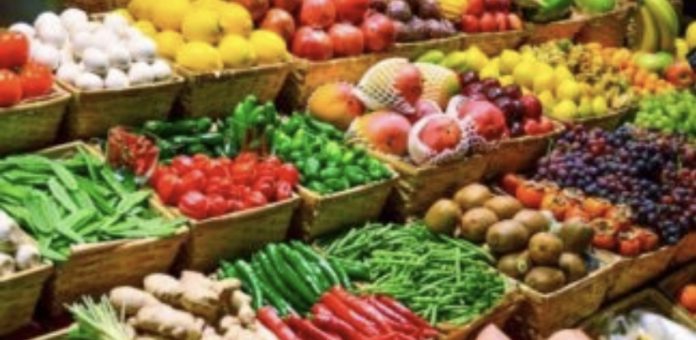Some experts on food security have expressed the need for national governments and regional bodies in Africa to apply effective policies and technology-driven interventions to reduce Post-Harvest Losses (PHL).
They made this known via a statement they made available to the News Agency of Nigeria (NAN) on Sunday in Lagos.
They spoke during a panel session of a webinar organised by the African Agricultural Technology Foundation (AATF) coordinated in Kenya, on ‘Accelerating Access to Post-Harvest Management Technologies for Enhanced Food Security and Trade in Africa’.
Dr Emmanuel Okogbenin, the Director of Programme Development and Commercialisation at AATF, noted that the promotion and the uptake of integrated post-harvest management systems that combine the best of technologies to reduce cost and maximise returns were the best approaches to manage PHL.
Okogbenin also called on African governments to increase investment in technology.
He noted that the application of agricultural biotechnology could change the game through the development of varieties that would curtail post-harvest diseases, enhance resistance to bruising and slowing down ripening.
Also, Dr Gabriel Rugalema, the Regional Director for Eastern and Southern Africa region at the World Vegetable Center, said that eliminating PHL was imperative for social, economic, environmental and food security reasons.
Rugalema noted that the use of off-the-shelf technologies and practices such as: sun drying, blanching, smoking, and salting to reduce PHL exist and are accessible.
Rugalema listed: lack of post-harvest processing technologies, poor road infrastructure, and unreliable markets as some of the main causes of PHL.
The Founder of Plethora Farms in Nigeria, Ms Opeoluwa Fayomi, presented a series of challenges faced by food producers across Nigeria and some home-grown strategies they had introduced to reduce post-harvest losses.
She noted that PHL threatens the continent’s effort to attain food security.
Fayomi said that already, people faced with the PHL challenges were trying out some locally-made technologies such as: slicing and drying tomato, using Neem Leaves as a preservative and dehulling of maize as a preservation technique.












